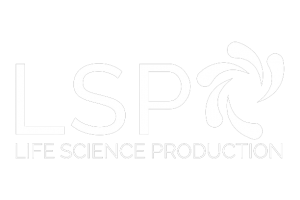BING
£125.00 1mg
Please note: this product can only be supplied to registered research and development facilities, and may be used for in vitro research use only, not for administration to humans or animals.
Antimicrobial peptide isolated from Japanese medaka fish.
BING is an antimicrobial peptide found in the plasma of the Japanese rice fish medaka (Oryzias latipes), derived from vacuolar protein sorting-associated protein 13D-like (Vps13D). BING possesses toxicity against a broad range of gram-positive and negative bacteria including drug resistant strains, at concentrations that have low toxicity to mammalian cell lines. BING treatment induces deregulation of periplasmic peptidyl-prolyl isomerases in gram-negative bacteria and also reduces the RNA level of cpxR, an upstream regulator of envelope stress responses which plays a crucial role in the development of antimicrobial resistance.
Please contact us for availability.
Additional information
| Other Names | Blocker of INter-membrane stress responses of Gram-negative bacteria |
|---|---|
| Three Letter Sequence | H-Ile-Arg-Ile-Ile-Leu-Arg-Ala-Gln-Gly-Ala-Leu-Lys-Ile-OH |
| Molecular Weight | 1464.86 |
| Molecular Formula | C67H125N21O15 |
| Sequence | IRIILRAQGALKI |
| Solublity | Soluble in water |
| Appearance | Freeze dried solid |
| Storage | Store dry, frozen and in the dark |
| Purity | >95% by HPLC |
| Searchable Words | BING, IRIILRAQGALKI, AM280, AM-280 |

